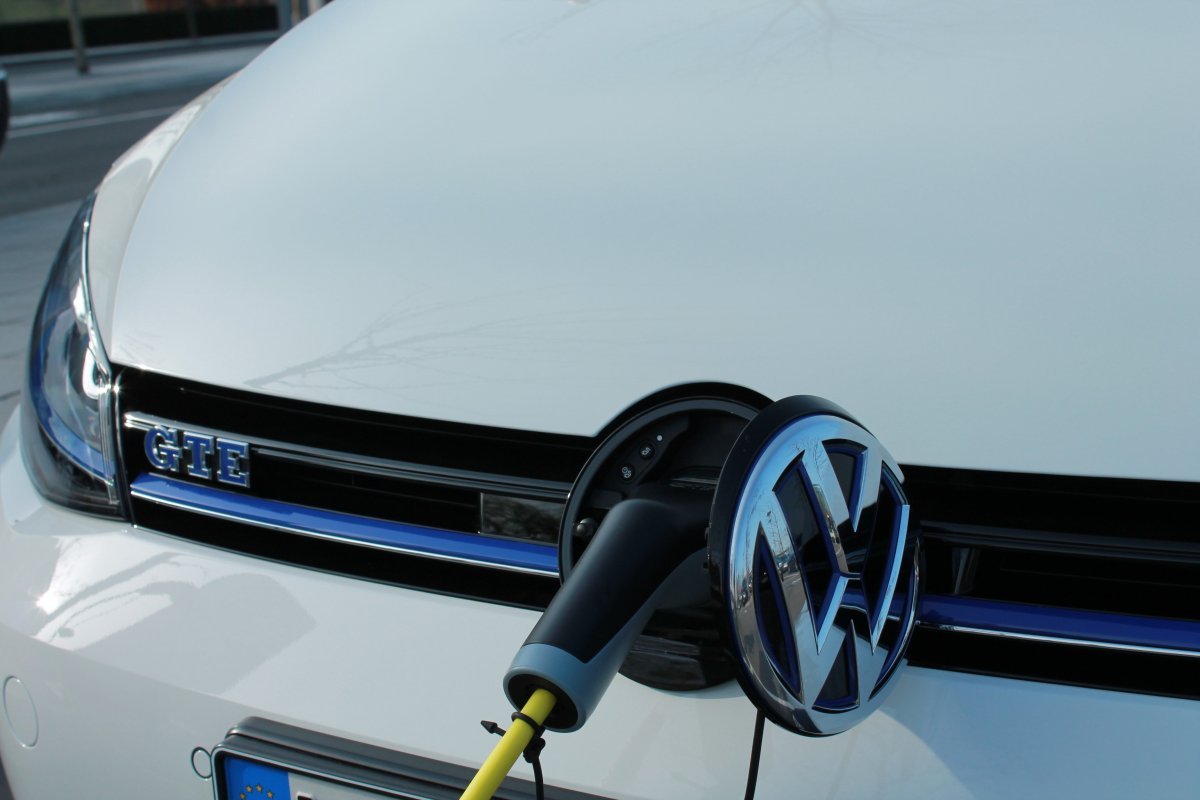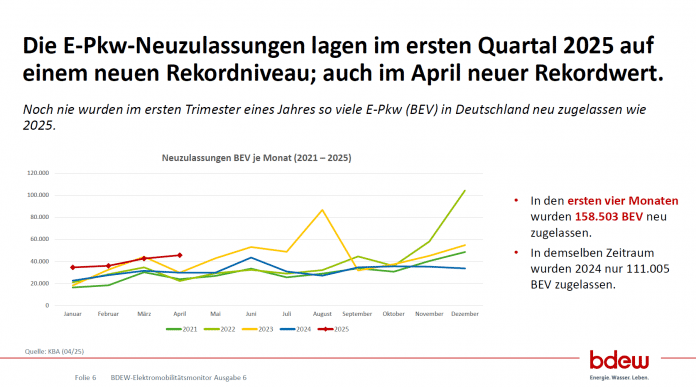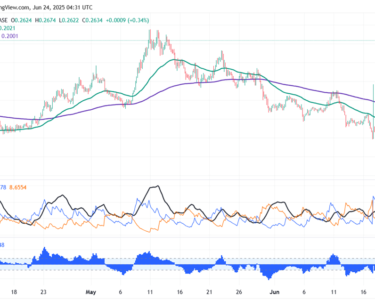According to surveys by the German Association of Energy and Water Industries (BDEW), new registrations of all-electric passenger cars (BEVs) in Germany have reached an all-time high. The figures grew continuously both in the first quarter of 2025 and in April. According to the “Elektromobilitätsmonitor 2025”, 158,503 electric cars were registered for the first time in the first four months of this year.
In the same period last year, the figure was 111,005 vehicles, which results in an increase of almost 43 percent for the current figures. The Electric Mobility Monitor explicitly states that these are not short-term effects, such as at the end of 2023, when the environmental bonus for e-vehicles was canceled at short notice. Rather, there is constant growth, which has continued from month to month from January to April 2025.
Continuous growth at the beginning of 2025.
(Image: BDEW e.V.)
VW sells the most electric cars
The share of BEVs varies greatly among car manufacturers. At Tesla, which is only in third place in terms of unit sales, it is naturally 100 percent. At the frontrunner VW, 12 percent of all new cars are fully electric, followed by BMW with 18 percent. However, Volvo has the highest share of all the top 20 suppliers with 22 percent. The association cites figures from the Federal Motor Transport Authority.
8.5 gigawatts of public charging capacity
The Federal Network Agency’s register of public charging points provides an analysis of their expansion. From the beginning of 2024 to the beginning of 2025, over 2 gigawatts of charging capacity were added, currently 8.5 gigawatts. The expansion of fast charging points (HPC) with over 150 KW contributed to this in particular. There are now a total of 160,809 charging points in Germany, but around two thirds are connections for alternating current with less than 22 KW.
The distribution of privately registered BEVs varies greatly: there are significantly more in the west of Germany than in the east. Only Berlin is particularly strong there, with 18,000 in absolute figures, accounting for 3.3 percent. By comparison, the figure in Munich is 4.9 percent. This is not a contradiction to the expansion of charging facilities, as this is progressing rapidly in the east: measured in terms of charging points per electric car, the Saale-Orla district leads with 34.2 KW/BEV, and in Gera it is still 20.8 KW/BEV. However, this also varies greatly from region to region, with only 6.1 KW per electric vehicle across all districts.
More e-cars in the West than in the East – Exception: Berlin.
(Image: BDEW e.V.)
Over 1.5 million electric cars nationwide
The target of one million privately owned electric cars, which was set years ago, has still not been reached; there are currently only 947,637. However, if fleet vehicles are included, i.e. including car sharing, there are 1,588,313 BEVs.
(nie)






